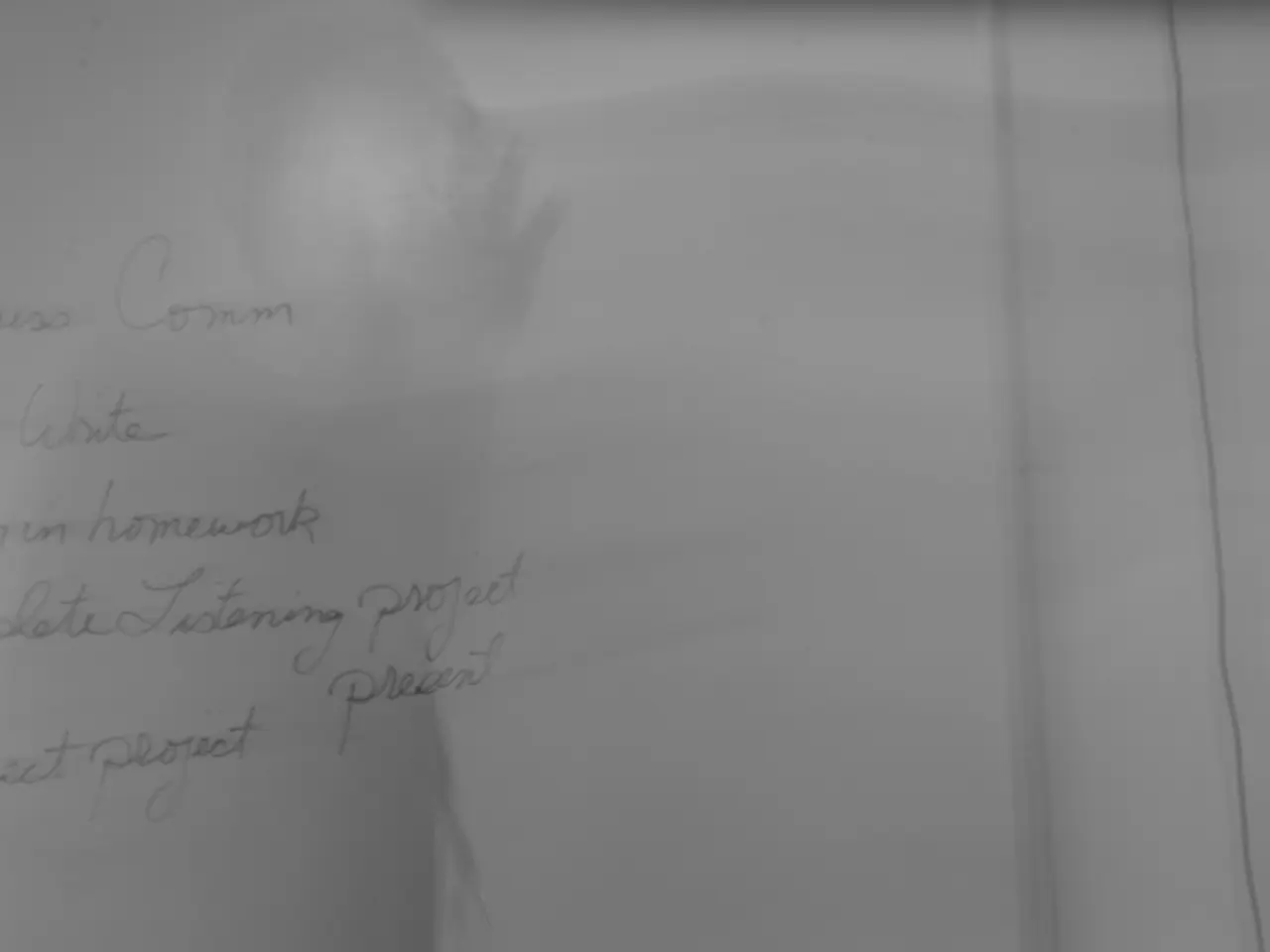Uncovering Barriers to Pursuing Personal Injury Claims in the U.S. - Exploring the Challenges in Seeking Justice
In a concerted effort to make the legal system more accessible and equitable, policymakers, courts, and legal professionals are working together to address financial, legal, and systemic barriers in personal injury law.
One promising avenue is the leveraging of artificial intelligence (AI) and legal technology, with regulatory oversight ensuring that these tools do not exacerbate systemic inequities. In states such as California, Colorado, and Connecticut, laws have been enacted to require transparency, accountability, and ethical constraints on AI use. For instance, California’s AB 316 prohibits autonomous AI defenses to guarantee human accountability, while Colorado’s SB24-205 mandates impact assessments to detect and mitigate algorithmic bias.
Another focus is on addressing systemic barriers in claims enforcement. Courts and legal institutions are increasingly attentive to the challenges faced by claimants, especially in workers' compensation and injury claims. Recent judicial decisions have ordered recalculations of penalties and fees to better enforce medical rights and remedy systemic injustices faced by injured claimants, promoting more equitable outcomes.
Specialized legal service firms are emerging, focusing on navigating complex regulatory landscapes and representing marginalized or under-resourced clients. These firms leverage technology and regulatory knowledge to reduce financial and procedural obstacles that typically impede access to justice in personal injury cases.
Beyond personal injury law, legal precedents and advocacy are promoting non-discrimination and accountability. Recent Supreme Court cases reflect ongoing legal scrutiny of discriminatory practices and administrative burdens in health-related and benefits contexts, which inform broader efforts to ensure equity in legal proceedings.
These strategies represent a multifaceted approach to overcoming financial, legal, and systemic challenges to personal injury litigation and creating a more equitable legal system for all. However, challenges remain, such as the complexity of personal injury litigation, which can be overwhelming for individuals without a legal background, particularly those without resources to hire experienced counsel. Insurance companies often employ aggressive tactics to minimize claim payouts, disadvantaging plaintiffs without experienced representation.
Pro bono and legal aid programs are essential resources for low-income individuals seeking justice, but the demand for these services often exceeds supply, and legal aid funding is limited. Access to healthcare impacts the strength of personal injury claims, with those with limited healthcare options facing longer recovery times and higher medical costs, making their cases weaker. Limited funding and representation quality means plaintiffs with limited resources face an uneven playing field, with restricted access to thorough investigations or expert testimony.
Systemic biases, including socioeconomic and racial disparities, can influence case outcomes, leading to lower compensation or unfair rulings for marginalized plaintiffs. High legal costs, including attorney fees, court costs, and expert witness expenses, present a significant financial challenge for many people. Contingency fee limitations and selection bias lead to fewer options for those relying on such structures, with law firms prioritizing high-value cases over smaller potential payouts.
Accessing justice for personal injury claims is often hindered by high legal costs, complex procedures, and systemic biases. Gathering and presenting extensive documentation and evidence is a significant challenge for plaintiffs with limited resources, often weakening otherwise valid claims. Strict filing deadlines (statutes of limitations) create additional barriers for those seeking justice, with many valid claims failing to proceed due to delayed awareness or resource limitations.
Legal reform efforts focus on simplifying the claims process and setting caps on legal fees to make legal support more accessible for lower-income plaintiffs. However, balancing accessibility with the thoroughness and fairness of the legal process remains a challenge. Attorneys and law firms can further extend support to those who need it most by participating in pro bono work and legal advocacy.
[1] Source: Various legal and policy documents, including California Assembly Bill 316, Colorado Senate Bill 24-205, and Connecticut Senate Bill S 817. [2] Source: Various Supreme Court cases, such as Texas Department of Housing and Community Affairs v. Inclusive Communities Project, Inc. (2015). [3] Source: Various judicial decisions, such as the California Court of Appeal's decision in City of Los Angeles v. Superior Court (2018). [4] Source: Various legal and policy documents, including the Americans with Disabilities Act (1990) and the Affordable Care Act (2010). [5] Source: Various tort litigations, such as the case against Johnson & Johnson over its talcum powder products (2018).
- In the realm of personal injury law, legal professionals are devising methods to combat financial, legal, and systemic barriers, for instance, by employing artificial intelligence (AI) and legal technology. Regulations in states like California, Colorado, and Connecticut dictate transparency, accountability, and ethical contraints on AI use to prevent exacerbating systemic inequities.
- Claims enforcement is another area of focus, with courts and legal institutions being more aware of the challenges faced by claimants, particularly in workers' compensation and injury claims. Recent court rulings have aimed to enforce medical rights and rectify systemic injustices faced by injured claimants, thereby promoting more equitable outcomes.
- Specialized legal service firms are emerging, concentrating on facilitating complex regulatory landscapes and representing underserved clients. These firms utilize technology and regulatory knowledge to remove financial and procedural obstacles, enhancing access to justice for personal injury cases.
- Beyond personal injury law, legal precedents and advocacy are advocating for non-discrimination and accountability, as evidenced by recent Supreme Court cases involving discriminatory practices and administrative burdens in health-related and benefits contexts. This proactive approach contributes to broader initiatives aimed at ensuring equity in legal proceedings.




